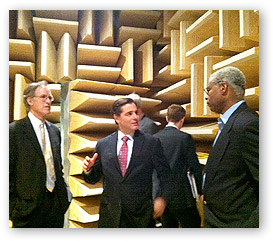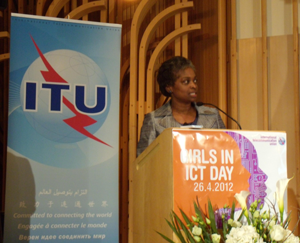by
Henning Schulzrinne, Chief Technology Officer
What if I told you that the world was running out of postal addresses or phone numbers, and that, in less than two months, many companies you regularly do business with will have a new system of contact information? You’d want to learn more about this system and perhaps make a few preparations, right? Such a big transition is not happening for postal addresses or phone numbers, but something close to that is happening for Internet addresses.
World IPv6 Launch Day is on June 6, 2012. On that day, many Internet service providers (ISPs), manufacturers of networking equipment (such as routers) and web-based companies will permanently enable Internet Protocol version Six (IPv6) for their products and services. As part of this event, consumers, businesses, governments, charities and anyone else that relies on the Internet are encouraged to check their computers and network equipment for IPv6 readiness.
A little background: In order for devices to find each other and connect over the Internet, each device must have an Internet protocol (IP) address. The current IP system is Version 4 (IPv4), which makes available over four billion IP addresses. However, the huge increase in Internet users and devices worldwide means that IPv4 addresses are running out. IPv6, the next-generation protocol, provides approximately 340 undecillion IP addresses (that’s 340 with 36 digits after it), ensuring availability of new IP addresses far into the future, as well as promoting the continued expansion and innovation of the Internet.
Read more »





 The statistics reveal how real this digital gender divide is in the United States. The ICT industry accounts for one-sixth of the United States’ gross domestic product, but between 1990 and 2005, only one in four communications jobs created were filled by women. Of all Fortune 500 communications companies, women comprise a mere 15% of top executives. Why should women be left out of a field with such opportunity?
The statistics reveal how real this digital gender divide is in the United States. The ICT industry accounts for one-sixth of the United States’ gross domestic product, but between 1990 and 2005, only one in four communications jobs created were filled by women. Of all Fortune 500 communications companies, women comprise a mere 15% of top executives. Why should women be left out of a field with such opportunity?
